
Senior Colonel Wang Yaping juggles three apples as she floats in the Tiangong space station on Nov 24. (CHINA DAILY)
Chinese astronauts aboard the Tiangong space station will host a live video call on Jan 1 and interact with young students at ground venues in Beijing and the Hong Kong and Macao special administrative regions, according to the China Manned Space Agency.
The three astronauts-Zhai Zhigang, Wang Yaping and Ye Guangfu-will celebrate the New Year in space, making them the first Chinese astronauts to do so. The event will be live-streamed by China Media Group.
Invited students at ground venues in Beijing, Hong Kong and Macao will have a chance to interact with the astronauts. The crew will share their experiences working and living in the space station and deliver their New Year's messages with the themes of aspiration and diligence.
On Oct 16, the Shenzhou XIII mission successfully sent the three astronauts into the core module of the Tiangong space station called Tianhe, meaning Harmony of the Heavens.
Since then, they have conducted two space walks and are scheduled to spend six months working in the station, making it China's longest space mission.
In early December, the three astronauts held an hour-long live science lecture from the space station to tens of millions of spectators on Earth. They gave viewers a tour of the space station and shared their experiences living and working in the spacecraft.
The astronauts also performed experiments ranging from the loss of buoyancy using a table tennis ball and water, and injecting a bubble into a ball of water to show the inversion of an image.
At the end of the lecture, they answered interesting questions from young students, one of whom asked whether there is a difference between dreaming on the Earth and dreaming in space.
These demonstrations are meant to showcase and educate the public about the unique physical phenomena in space and microgravity. It was the first installment of the Tiangong Class, a series of lectures in orbit designed to popularize space science.








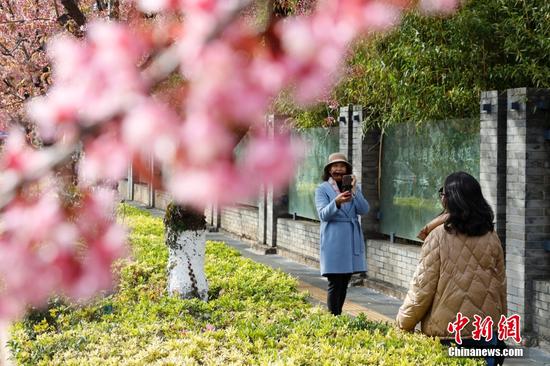


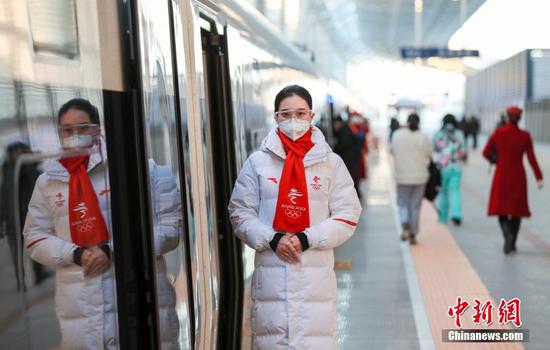
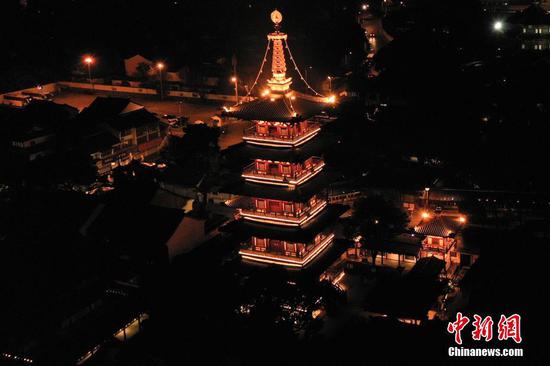
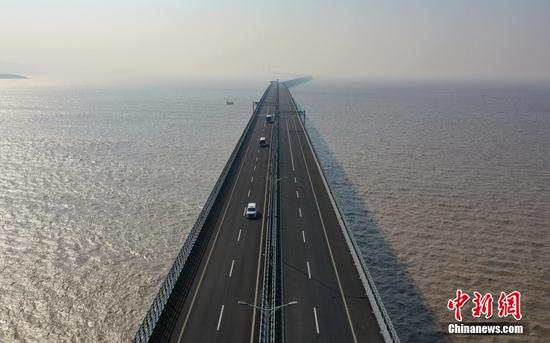
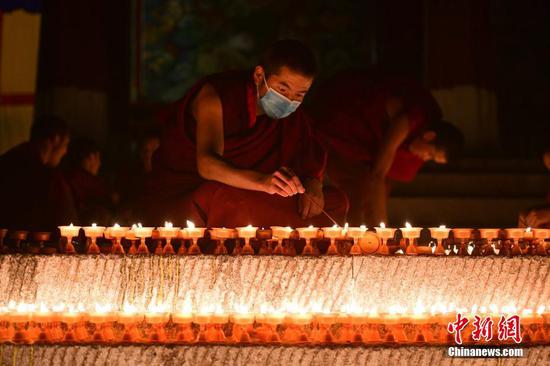
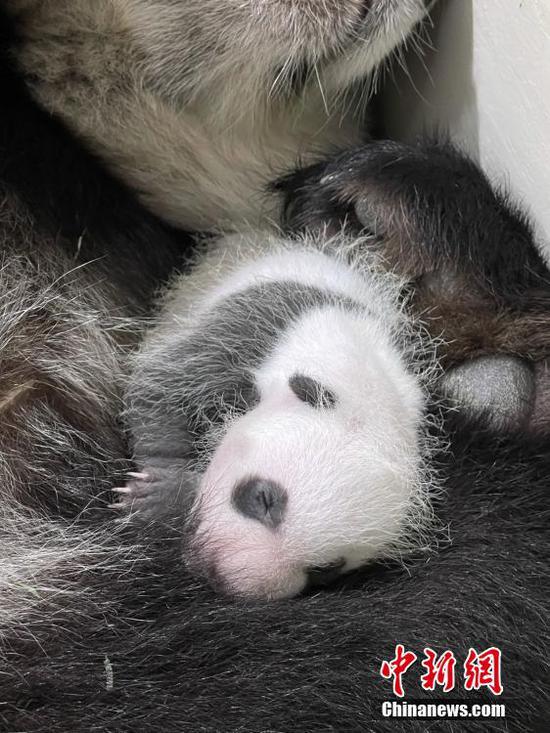
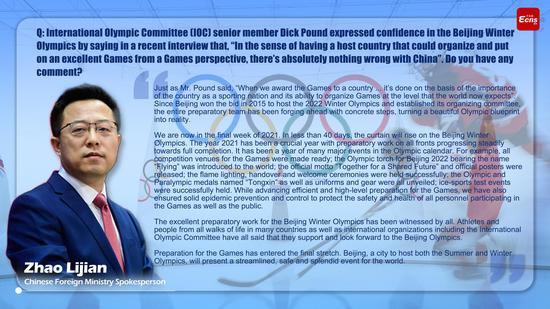


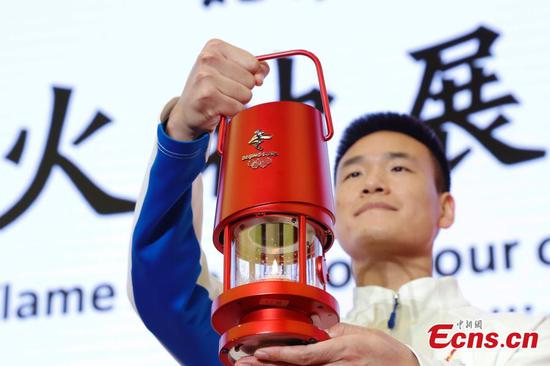


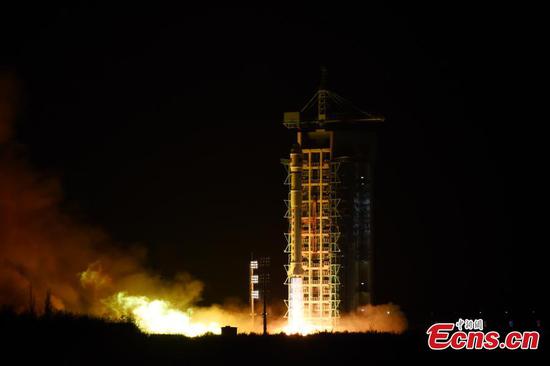

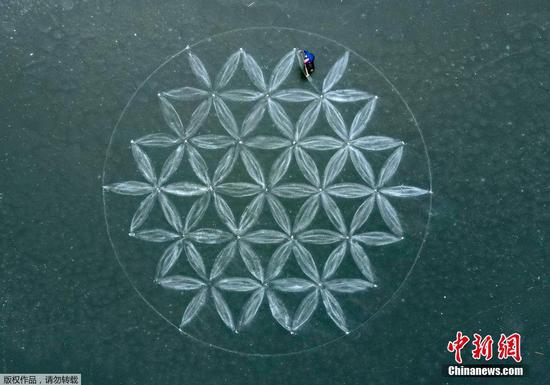
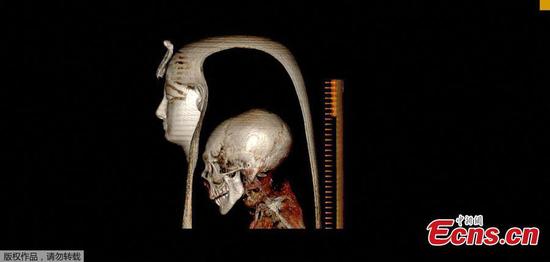
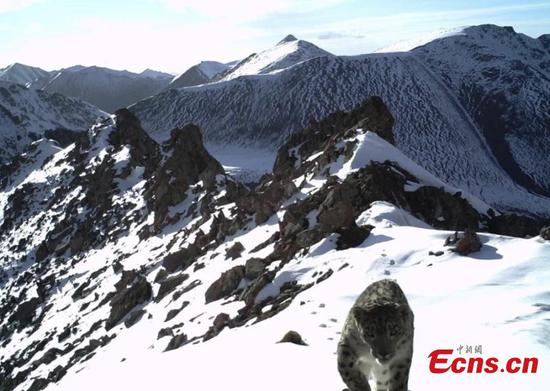
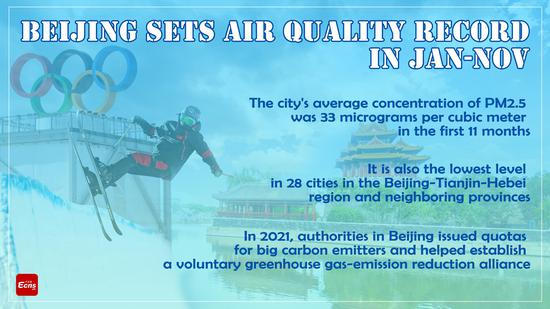
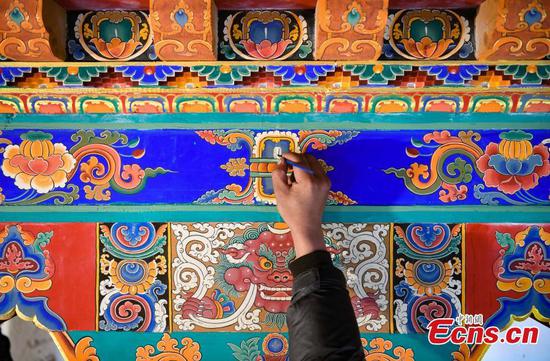
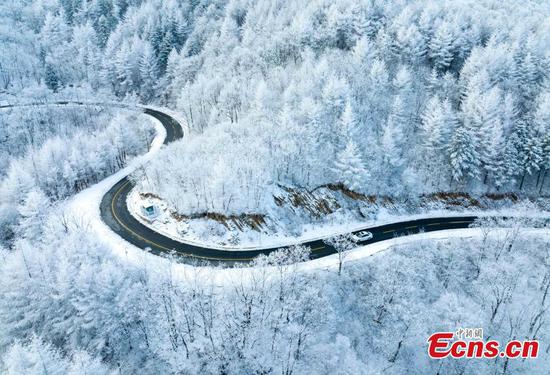
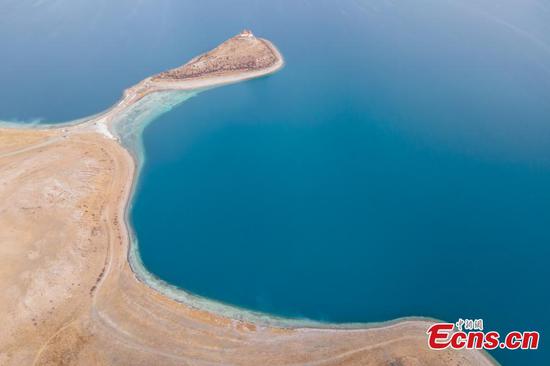


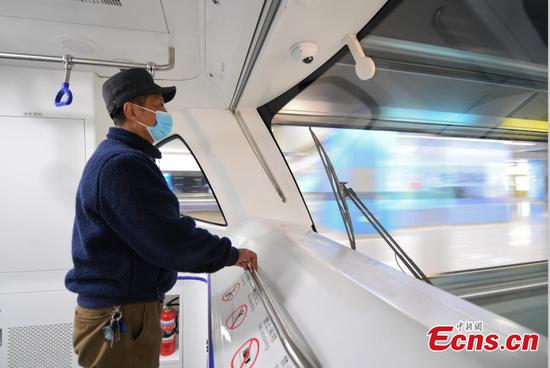
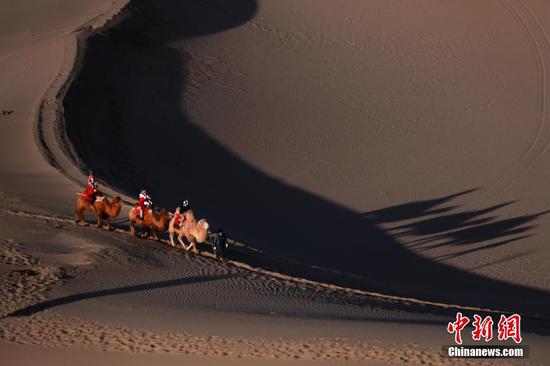
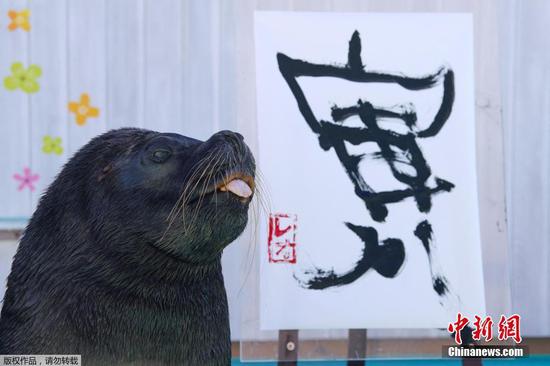
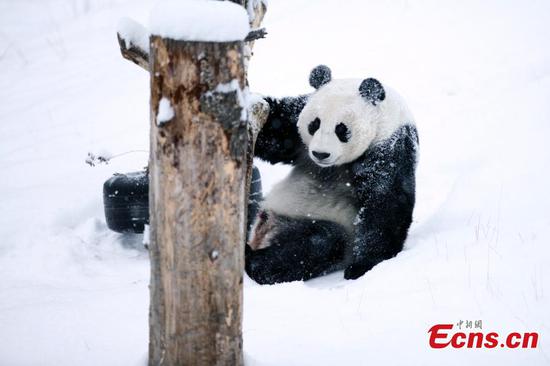
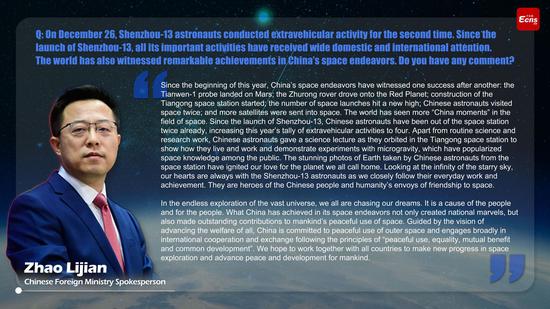
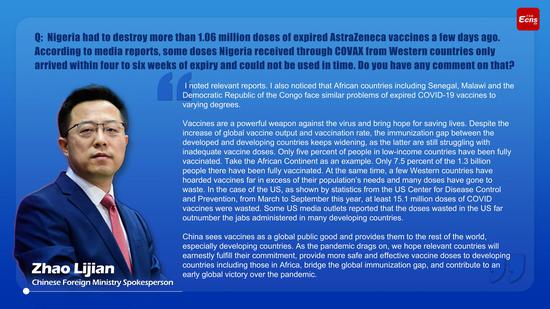
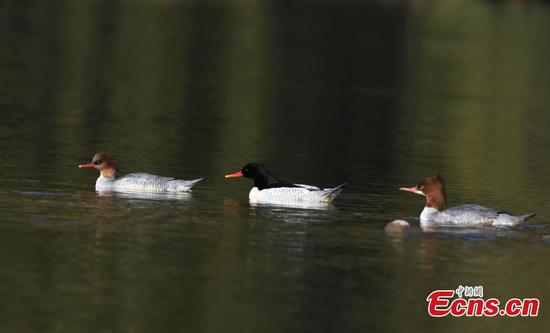
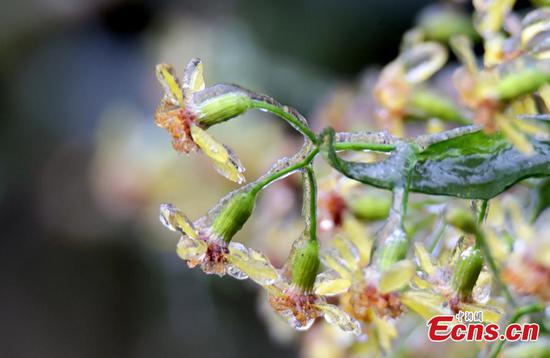
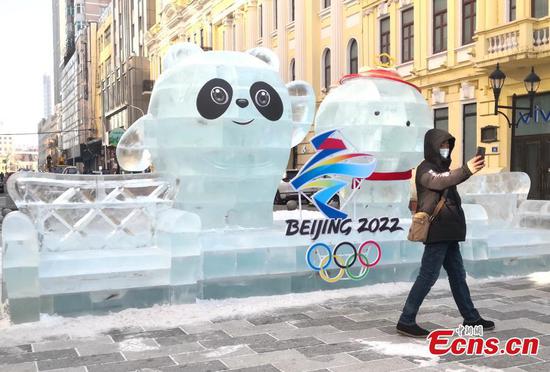
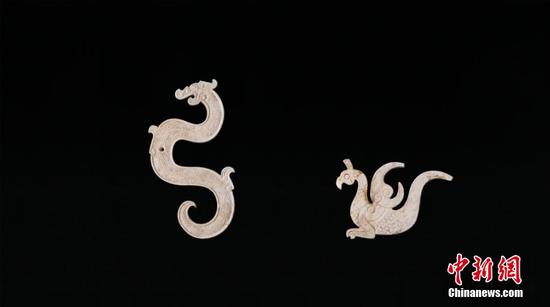

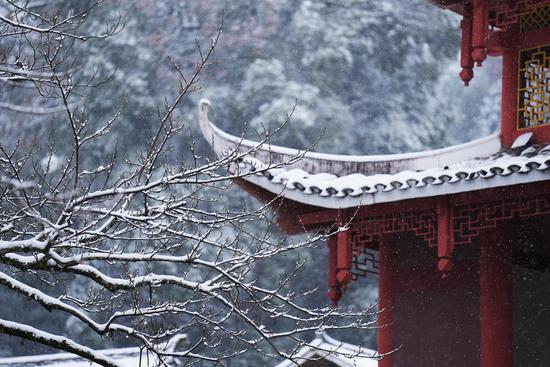





 京公网安备 11010202009201号
京公网安备 11010202009201号